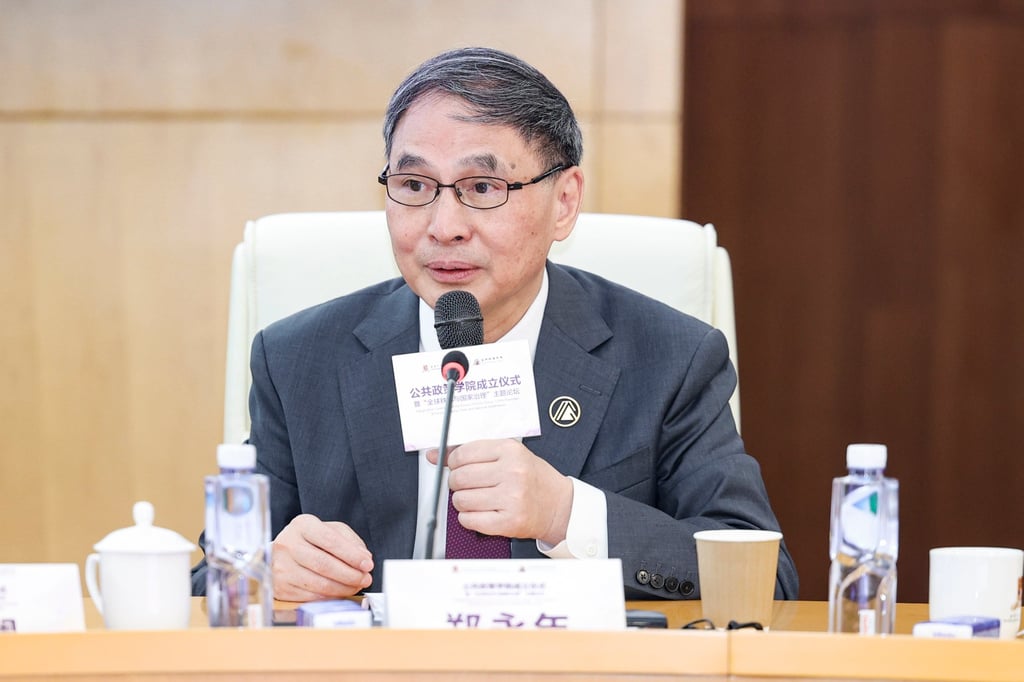China’s think-tanks should pay more attention to the nation’s actual conditions and rely less on Western knowledge, according to a leading Chinese scholar, who said policy advisers could better reflect and project the country’s soft power by incorporating “Chinese characteristics”.
Advertisement
Professor Zheng Yongnian, a political economist with the Chinese University of Hong Kong, Shenzhen, who is also a Beijing policy adviser, said that to better explain Chinese practices to the world and anticipate the country’s future, such organisations should be based on an “indigenous knowledge system”.
The root and power of a country’s rise was the “rise of ideas”, and think tanks were the core and soul of a country’s “soft power”, Zheng said in an interview in Tuesday’s issue of Chinese Social Sciences Today, a newspaper published by the Chinese Academy of Social Sciences.

Chinese think tanks, Zheng said, focused more on practicality compared with the research and analysis conducted in universities. “Some universities’ ‘academism’ in social science research is still stuck in Western textbooks. Their policy analysis also tends to be more of a post-analysis function,” he said.
“Think tanks, on the other hand, focus more on public policies in Chinese practice from the perspective of empirical research, exploring their formation, evolution and future development direction, as well as how decisions are made, implemented and supervised by the government and provide feedback,” Zheng told the newspaper.
“Only by truly building an indigenous knowledge system based on China’s practical experience and realising ‘self-centredness’ can we truly explain China’s practices and predict China’s future,” he added.
Advertisement
Among all types of think-tanks, those that research and analyse politics were the most important, because they affected the ruling legitimacy and governance effectiveness of the Communist Party, according to Zheng.

